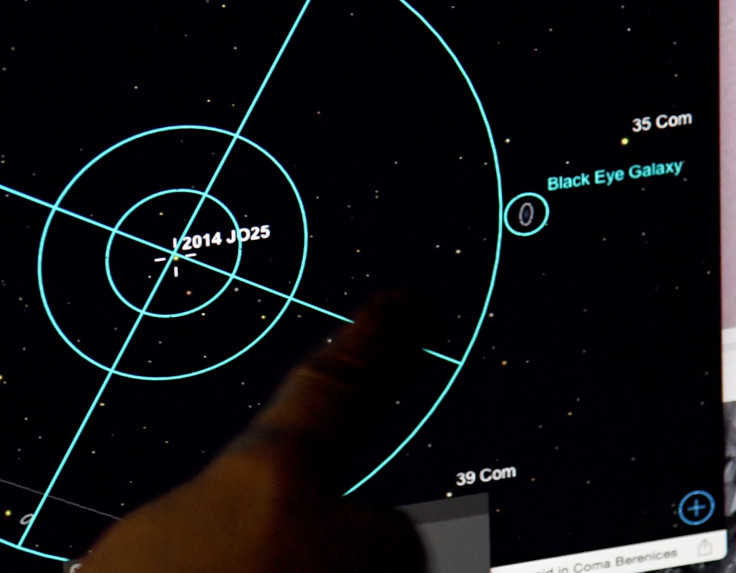Oumuamua NASA Update Hints At Alien Life? Harvard Professor Says It's Possible

Oumuamua’s new NASA update sounds something straight out of a science fiction movie and it’s gathering interest from space enthusiasts and alien theorists around the world.
Oumuamua is considered to be one of the rarest interstellar objects discovered in decades and is described as a unique asteroid that actually originated from another solar system. But more than just a rare sighting, scientists believe that this space object is highly unusual because of its shape.
“We think this object is very long, perhaps 400 meters or so long and very narrow, skinny, perhaps 40 meters or so in the other dimensions. That is a very unusual shape, we don’t see that in our solar system, none of the asteroids in our solar system look like that,” Paul Chodas, director of NASA’s Center for Near Earth Objects Studies, said in an interview.
Because of its shape, it's been dubbed as an "anomaly" by scientists with alien theorists lapping it up, calling the interstellar object an advanced alien technological equipment. The idea seems far-fetched, but one Harvard professor believes that people should be ready to consider otherwise.
Professor Avi Loeb, the chair of Harvard’s astronomy department, said that we should be scientifically open to the idea that the Oumuamua is really an alien probe. The professor is also shocked at the way some scientists are reacting to the idea of alien civilization actually existing.
“There is all this baggage from science fiction and Unidentified Flying objects (UFOs). And that is why the scientific community shies away from discussing the search for extraterrestrial civilizations,” he said.
“I think this is the wrong attitude because it is putting blinders on our eyes, like an ostrich sticking its head in the sand. I am not saying it must be the case but it should be discussed as a possibility.”
Professor Loeb, however, clarified that this doesn’t mean that people should accept alien life from Oumuamua to be an immediate fact, saying that for him to claim Oumuamua as an alien life form, then studies must present some extraordinary evidence.
Oumuamua was named after the Hawaiian word for a scout or messenger. It is believed to have been traveling from one solar system to ours for millions or even billions of years. It was discovered entering our solar system by astronomers from the University of Hawaii on October 19, 2017.
© Copyright IBTimes 2025. All rights reserved.





















